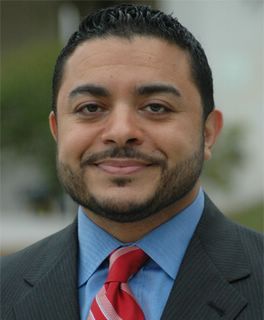
Last night I joined other folks from the Tampa Bay area at the Television Studios of WFLA NBC 8 to watch and react to the President's State of the Union Speech. It was like dejavu since I spent the previous year doing the same thing at the same place.
I remember saying last year that I was concerned about the president's use of loaded labels to describe the enemy. Lat year it was radical Islam. I felt the same way this year about the president's use of "Sunni Extremists" and "Shia Extremists."
Watch other comments by watching the below YouTube clip:
For more on the President's portrayal of "The Enemy" check out the below Wash Post article.
Glenn Kessler, Washington Post, 1/24/07
In his State of the Union address last night, President Bush presented an
arguably misleading and often flawed description of "the enemy" that the United
States faces overseas, lumping together disparate groups with opposing
ideologies to suggest that they have a single-minded focus in attacking the
United States.
Under Bush's rubric, a country such as Iran -- which enjoys diplomatic
representation and billions of dollars in trade with major European countries --
is lumped together with al-Qaeda, the terrorist group responsible for the Sept.
11, 2001, attacks.
"The Shia and Sunni extremists are different faces of the same totalitarian
threat," Bush said, referring to the different branches of the Muslim
religion. Similarly, Bush asserted that Shia Hezbollah, which has won
seats in the Lebanese government, is a terrorist group "second only to al-Qaeda
in the American lives it has taken."
Bush is referring to attacks nearly a quarter-century ago on a U.S. embassy
and a Marine barracks when the United States intervened in Lebanon's civil war
by shelling Hezbollah strongholds. Hezbollah has evolved into primarily an
anti-Israeli militant organization -- it fought a war with Israel last summer --
but the European Union does not list it as a terrorist organization.
At one point, Bush catalogued what he described as advances in the quest
for freedom in the Middle East during 2005 -- such as the departure of Syrian
troops from Lebanon and elections in Iraq. Then, Bush asserted, "a thinking
enemy watched all of these scenes, adjusted their tactics and in 2006 they
struck back."
But his description of the actions of "the enemy" tried to tie together a
series of diplomatic and military setbacks that had virtually no connection to
one another, from an attack on a Sunni mosque in Iraq to the assassination of
Maronite Lebanese political figure.

No comments:
Post a Comment